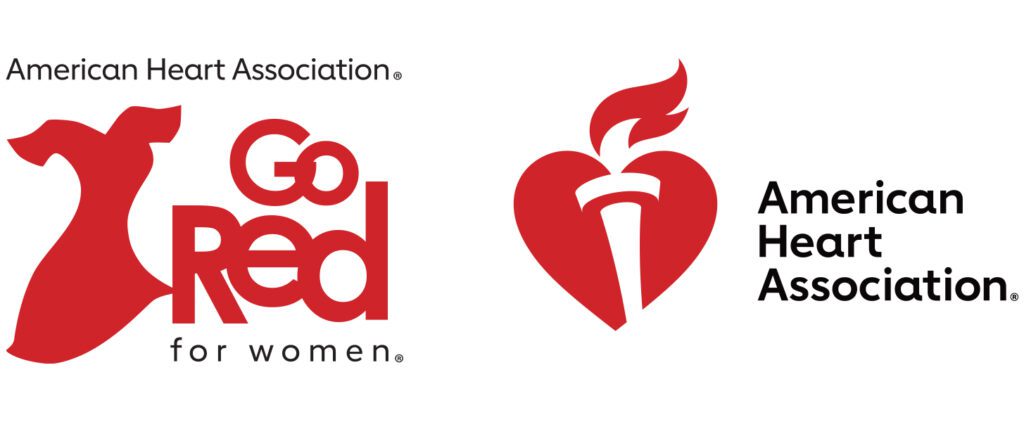On a warm Sunday morning in August, I woke up at 6 a.m. tired and short of breath. I thought it was the aftermath of spending the previous day at an amusement park with my 11-year-old nephew, Dallas. Being out of breath was not new to me because I was usually exhausted after completing household tasks and walking short distances. Something was different this particular morning, but it wasn’t drastic enough for me to consider an emergency room visit. I wanted to wait until the walk-in clinic opened that morning. My sister, however, with whom I lived, encouraged me to go to the emergency room so I could be checked out sooner. I honestly thought it was a possible case of pneumonia.


At the emergency room, there was another wave of COVID-19 cases, and only patients were allowed in the back until their test results came back negative. My sister, Stacy, decided to take the short drive back home until my results were in. I called her twice from the emergency room with updates. The ER found fluid in my lungs and diagnosed me with pneumonia.
Just moments later, things took a turn for the worst. The next call Stacy received was from a doctor asking a series of questions about my health. He stated that I had to be emergently intubated because my breathing had stopped. I was admitted to the ICU, stayed on a ventilator for several days, and was finally diagnosed with congestive heart failure. When I eventually opened my eyes, I can remember my sister telling me not to pull at the tubes and explaining to me where I was. I could not fully comprehend what had transpired, but I understood I was in the hospital. I would remain hospitalized for one week. I remember being taken off the ventilator and being so relieved and thankful that I was able to do so.
By the time I was released from the hospital, I was able to comprehend more of what had happened to me and my diagnosis. I was in disbelief! However, acceptance came thereafter, and I was able to work toward getting better and healthier. I was under a cardiologist’s care, joined a cardiac rehabilitation program, took mandated time off work, and was put on medicine. In December 2021, my heart was still functioning at a low percentage, and the decision was made to put in a defibrillator and pacemaker. I was only 45 years old at the time.
I now realize what I had experienced leading up to my hospitalization were heart disease symptoms that I rationalized away. I thought my shortness of breath and fatigue were ramifications of getting older, an increase in weight, and just being out of shape. So, if there is one thing that I can stress to others, and women especially, it’s to listen to your body and the signs that it relays. Walking from your driveway to your front door should not knock the wind out of you. If so, it is worth having a conversation with your doctor.
Today, my heart is functioning closer to normal, and I have made the necessary changes in my life to be healthier. I work out more, eat healthier, and I choose not to stress over much. I am blessed with supportive, caring, and loving family and friends. I am so grateful to be alive today.



The American Heart Association is dedicated to building healthy lives, free of cardiovascular disease and stroke, through education, caregiver support, research, and development of healthcare professionals. Go Red for Women is a social initiative designed to empower women to take charge of their heart health by equipping them with the knowledge necessary to lead healthy lives with healthy hearts.

